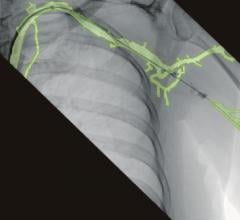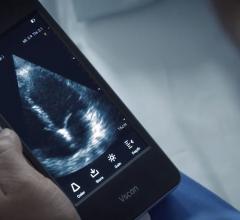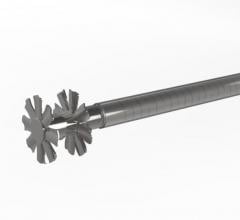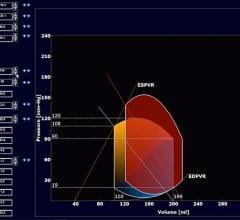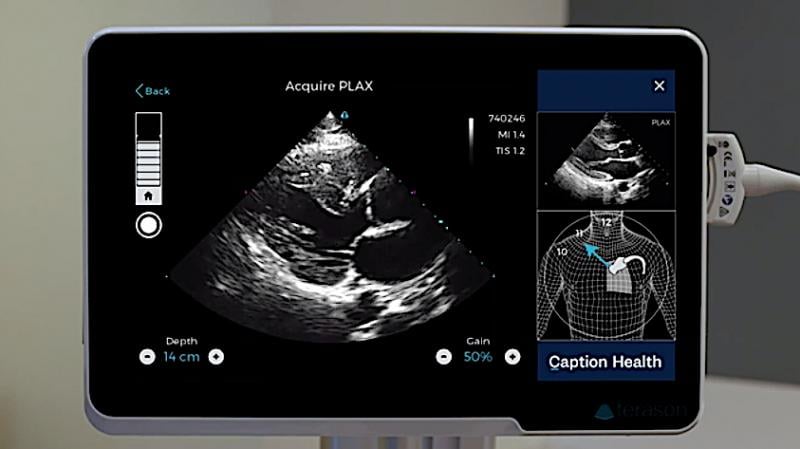
The No. 1 overarching hot topic at all the medical conferences over the past couple years has been artificial ...
August 18, 2020 — Philips Healthcare introduced its new OmniWire, the world’s first solid core fractional flow reserve ...
August 18, 2020 — Ziehm Imaging announces the acquisition of Therenva, a French-based developer of planning and imaging ...
Providing exceptional cardiovascular care for patients to achieve the best possible outcomes is the number one goal for ...
COVID-19 is creating a new generation of cardiac patients. With heart disease already the leading cause of deaths ...
August 17, 2020 — A Northwestern Medicine Bluhm Cardiovascular Institute physician was the first electrophyiologist in ...
August 17, 2020 — Veryan Medical announced it will support Vasorum in the commercialization of the Celt atrial closure ...
Cardiac positron emission tomography (PET) is growing in popularity among cardiologists because it provides the ability ...
August 17, 2020 — Pupil size predicts death and hospital readmission in patients with heart failure, according to ...

August 17, 2020 - The number of people coronavirus disease 2019 (COVID-19) is rising with more cases in the U.S. There ...
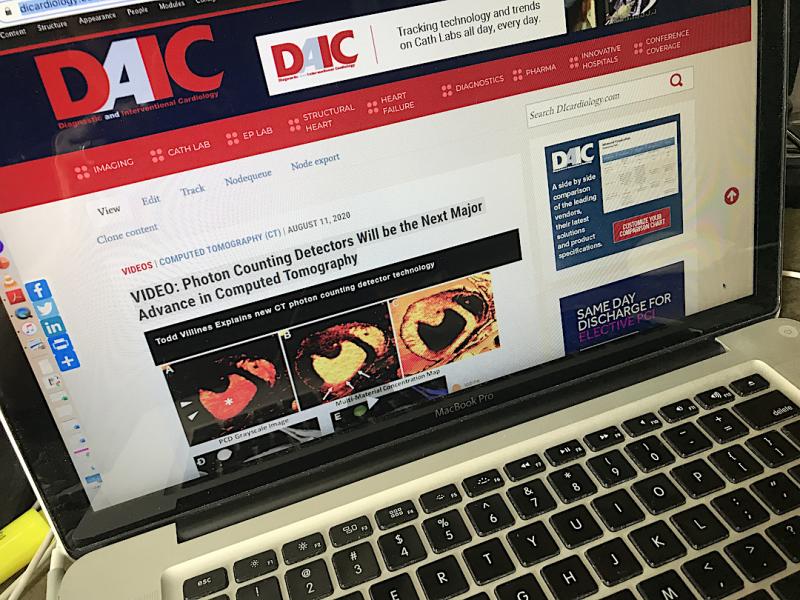
Dear Valued Reader, As the work environment rapidly changes due to the COVID-19 panademic, Diagnostic and Interventional ...
When performing radiofrequency (RF) ablation to treat cardiac arrhythmia, medical professionals must balance the safety ...

The latest technical advances and trends in computed tomography (CT) and the latest clinical study data were discussed ...
All medical conferences moved to a virtual meeting format due to COVID-19 this year, and there has been apprehension ...
The Society of Cardiovascular Computed Tomography (SCCT) gave its 2020 Gold Metal Award to computed tomography (CT) ...
Change Healthcare Cardiology Hemodynamics is an integrated hemodynamic monitoring system for monitoring vital signs and ...
This is a tutorial video on how to perform an artificial intelligence (AI) automated cardiac ejection fraction ...
Advanced visualization company Medis recently purchased Advanced Medical Imaging Development S.r.l. (AMID), which ...
Todd Villines, M.D., FACC, FAHA, MSCCT, explains how artificial intelligence (AI) might be used in the near future to ...

 August 18, 2020
August 18, 2020

